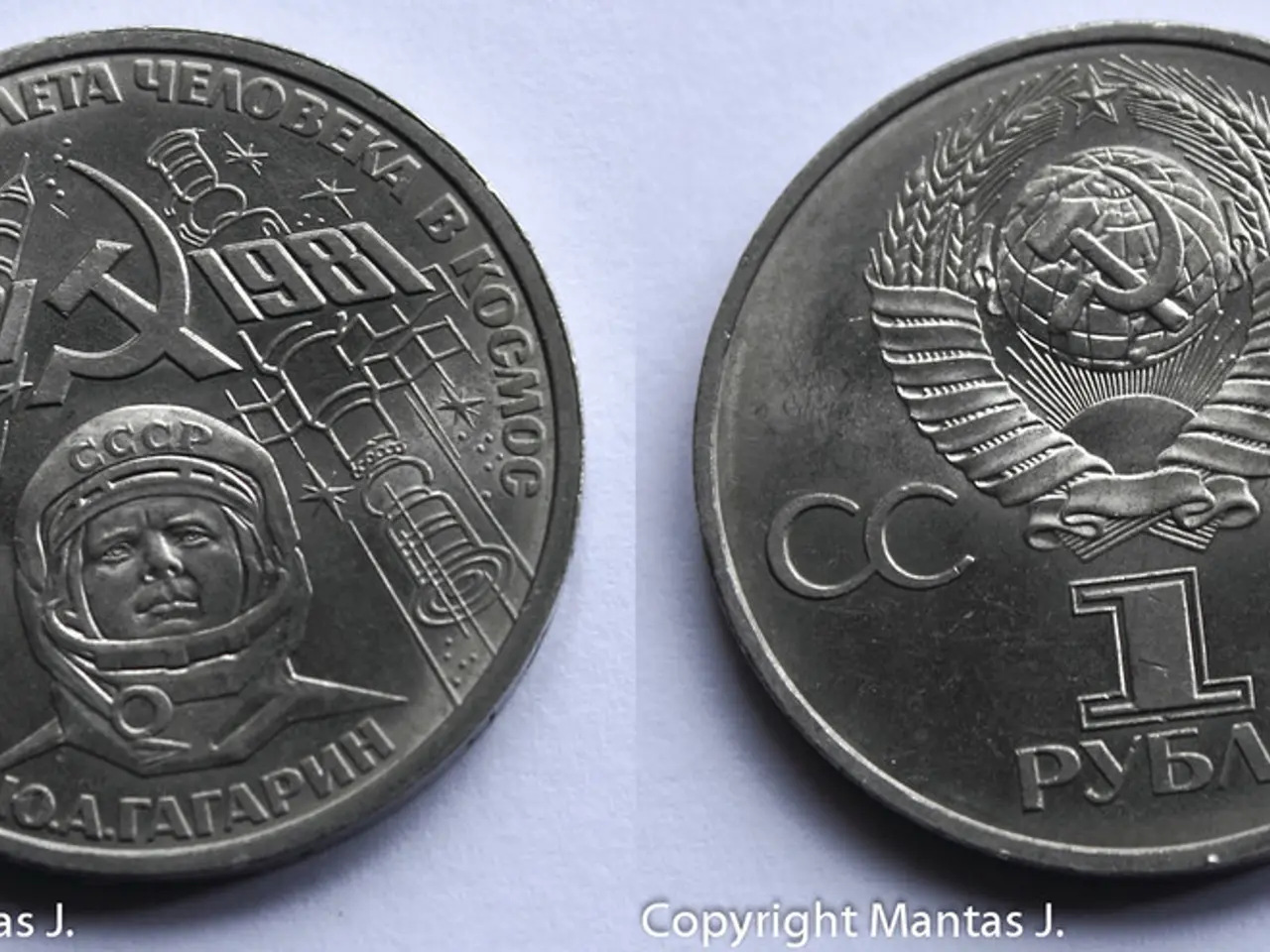Kazakh President Enacts Updated Tax Legislation
In a significant move, Kazakh President Kassym-Jomart Tokayev signed the new Tax Code and an accompanying law on July 18, 2021. This comprehensive reform, set to take effect in 2026, introduces several key changes that will impact local businesses and individuals, as discussed in detail by Assel Satubaldina of The Astana Times.
One of the most notable aspects of the new Tax Code is the simplification of tax administration and reporting. The volume of tax reporting is reduced by 30%, and the number of taxes is cut by 20%. This reduction is achieved through streamlining special tax regimes into three categories: self-employed, entities with simplified declarations, and farmers. Self-employed individuals will benefit from the ability to calculate and pay taxes via a mobile app.
Corporate and personal income tax changes are another significant component of the reform. The corporate tax rate remains at 16%, but differentiated rates are introduced for certain activities or income levels. Individuals with annual income exceeding 8,500 MCI (approximately $62,718) will see an increased personal income tax rate of 15%. Similarly, entrepreneurs’ dividends and income over 230,000 MCI (~$1.7 million) will be taxed at this higher rate.
The new Tax Code also introduces new excise duties and property tax adjustments. A 10% excise duty targets consumers buying luxury goods, such as cars over 75 million tenge, vessels over 100 million tenge, expensive alcoholic beverages, and premium cigars. Property tax increases for individuals owning real estate valued over 450 million tenge aim to tax high-value property holders more heavily.
Perhaps the most impactful change for many will be the VAT reform effective from 2026. The VAT rate increases from 12% to 16%, marking the first rise in over a decade. This affects most businesses, increasing the tax burden and potentially the cost of goods and services. However, reduced VAT rates (5% in 2026 rising to 10% in 2027) apply to medicines, medical services, guaranteed medical care, health insurance, treatments for orphan diseases, certain socially significant goods, and domestic books. This move aims to soften the impact on vulnerable sectors.
The VAT registration threshold is also lowered from 15,000 MCI to 10,000 MCI (~KZT 40 million or $90,000), expanding the scope of businesses required to register for VAT and comply with VAT obligations.
Additional changes include a more limited set of individuals required to file detailed income and asset declarations, the abolition of the single land tax and other fees, and the reduction of the transport tax for cars older than 10 years.
Overall, the new Tax Code reflects the government's aim to improve tax administration efficiency, broaden the tax base, increase revenue, and stimulate economic activity while protecting key social sectors and promoting transparency. However, higher VAT and income tax rates for certain brackets, along with excise duties on luxury goods, signal a tightening fiscal environment for wealthier individuals and larger businesses.
As local businesses and individuals prepare for these changes, it is essential to understand the implications and adapt accordingly. The most detailed analytical discussion by Assel Satubaldina emphasizes that businesses should prepare for a more complex VAT landscape and potential cash flow impacts due to the higher rates and expanded registration, while individuals must anticipate changes in income tax thresholds and new declaration obligations.
The comprehensive tax reform in Kazakhstan, as introduced by the new Tax Code, will impact both local businesses and individuals, with changes in corporate and personal income tax, VAT, excise duties, and property taxes (General-news). For businesses, the VAT landscape may become more complex due to higher VAT rates and expanded registration requirements, potentially affecting cash flow (Business). On the other hand, wealthier individuals and larger businesses may face a tightened fiscal environment with higher VAT and income tax rates, along with excise duties on luxury goods (Finance, Politics). It is crucial for both businesses and individuals to understand these implications and adapt accordingly (General-news).




